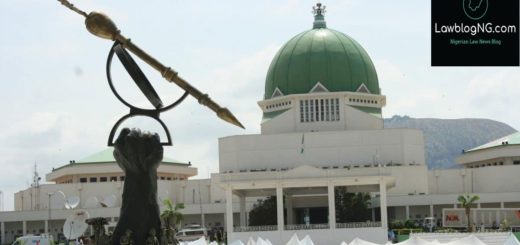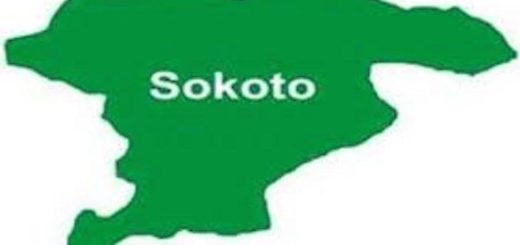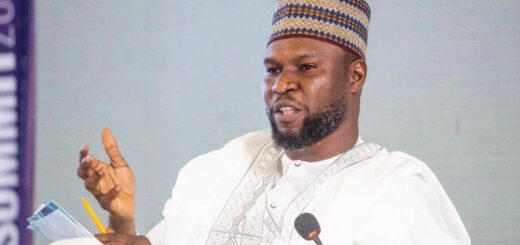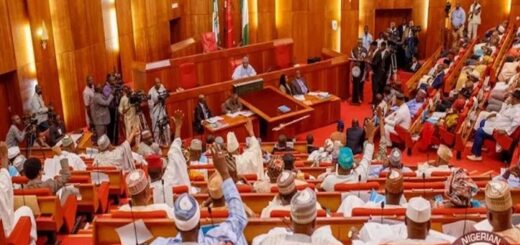“Ex-Buhari Agriculture Adviser Says Tinubu’s Import Policy Misguided Amid Food Inflation Crisis
 A former Special Adviser to ex-President Muhammadu Buhari on agriculture, Dolapo Bright, has criticized President Bola Tinubu’s policy on the suspension of duties, tariffs, and taxes on the importation of food staples through Nigeria’s borders, claiming the move was misguided and ineffective in tackling the country’s inflation crisis.
A former Special Adviser to ex-President Muhammadu Buhari on agriculture, Dolapo Bright, has criticized President Bola Tinubu’s policy on the suspension of duties, tariffs, and taxes on the importation of food staples through Nigeria’s borders, claiming the move was misguided and ineffective in tackling the country’s inflation crisis.
Appearing on Channels Television’s Inside Sources with Laolu Akande, Bright argued that the advice to suspend tariffs on food imports was flawed, as it failed to address the core issues contributing to rising inflation. He specifically pointed to the surging costs of diesel and petrol—key components in transporting food across the country—as the primary drivers behind the soaring prices of commodities.
“I don’t think it happened. The person who advised the government to do that is clueless,” Bright remarked. “If you understand what is happening, you wouldn’t give such advice.” He explained that even with imports coming into Lagos, the need to transport goods across the country would add substantial costs, ultimately hurting local agriculture and failing to reduce inflation.
Nigeria’s inflation rate has surged under President Tinubu’s administration, with food inflation reaching a staggering 39.93% in November 2024, up from 32.84% a year earlier. Analysts attribute this to the twin policies of the petrol subsidy removal and the unification of the country’s foreign exchange rates, both of which have driven up costs, particularly in the food sector. Prices for staples like rice, frozen chicken, and eggs have skyrocketed, pushing Nigerians to face the most significant cost-of-living crisis in decades.
The Tinubu administration introduced the suspension of customs duties on food imports in July 2024, hoping to ease food inflation. However, bureaucratic delays have prevented the policy from being fully implemented, making little impact on the situation.
Bright, who served as Buhari’s agriculture adviser from 2015 to 2023, further emphasized that government interference in the agricultural sector has not helped alleviate the inflation problem. He stated that farmers are struggling to meet production targets due to high input costs and that the private sector should be given more room to drive agricultural growth. “Farmers won’t need government intervention if the right environment is set for them to make a decent profit,” he explained.
While President Tinubu’s administration has also touted plans to increase mechanized farming in Nigeria, including the arrival of over 2,000 tractors, Bright contended that simply providing tractors would not resolve the country’s food shortages. Instead, he advocated for the use of local labor, arguing that over 80% of Nigerian farmers are engaged in subsistence farming. By investing in local labor and ensuring farmers have the right tools and support, Bright believes Nigeria can improve its agricultural productivity and alleviate some of the economic strain on the population.
Ultimately, Bright’s remarks highlight the ongoing challenges facing Nigeria’s agricultural sector, particularly in light of misguided policies and rising operational costs that continue to exacerbate inflation and food insecurity.













